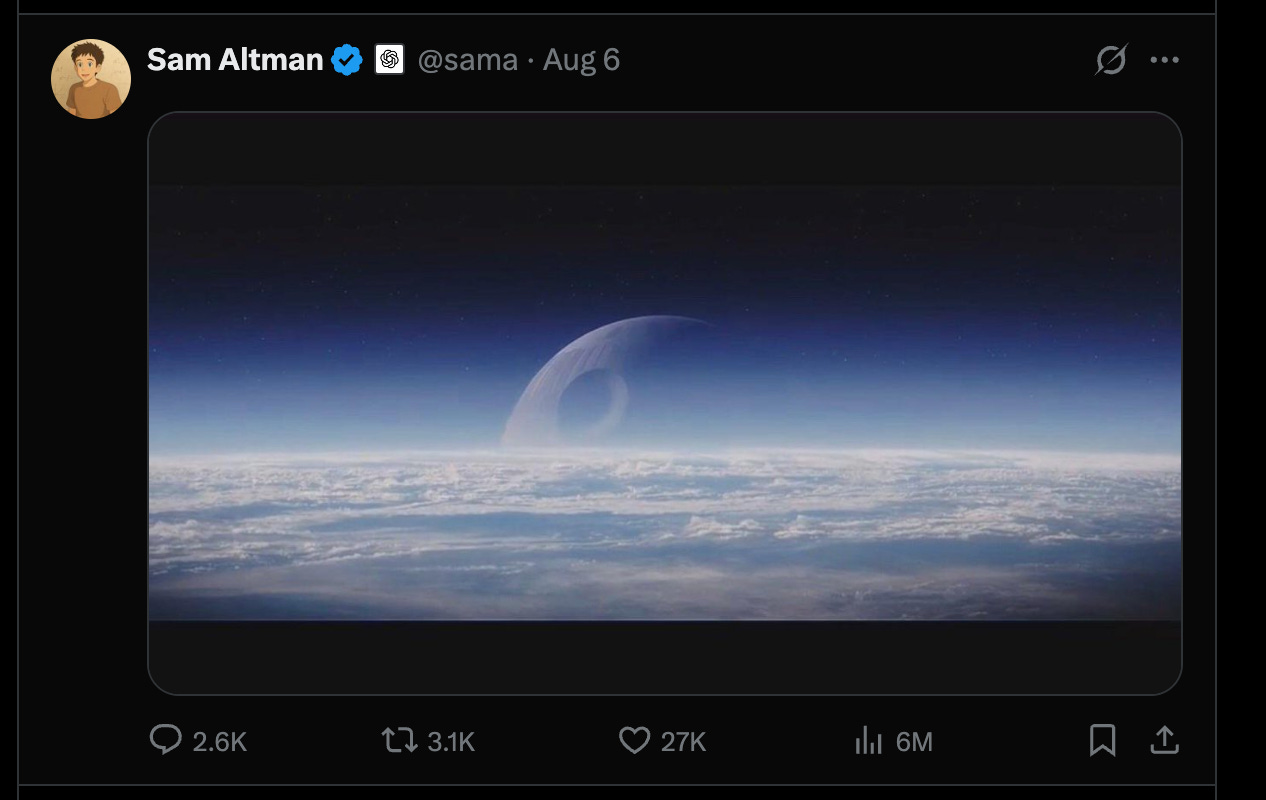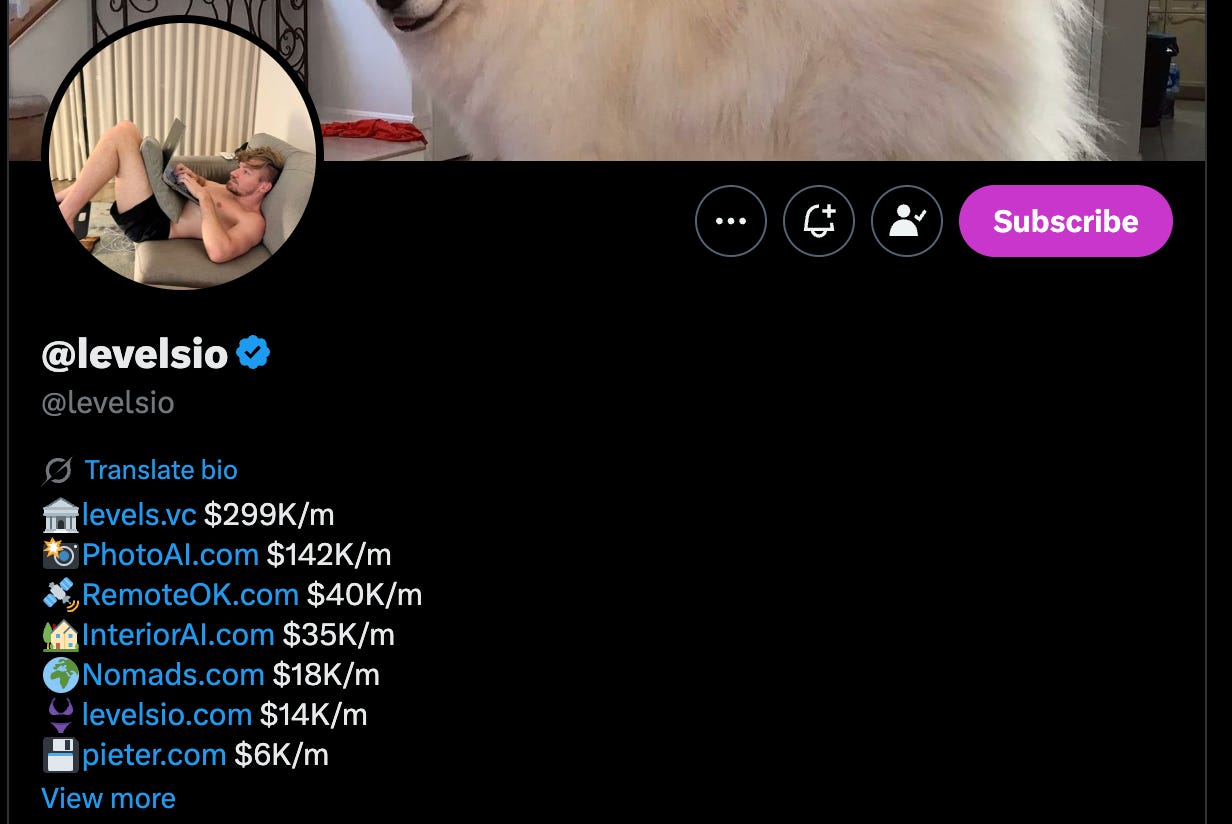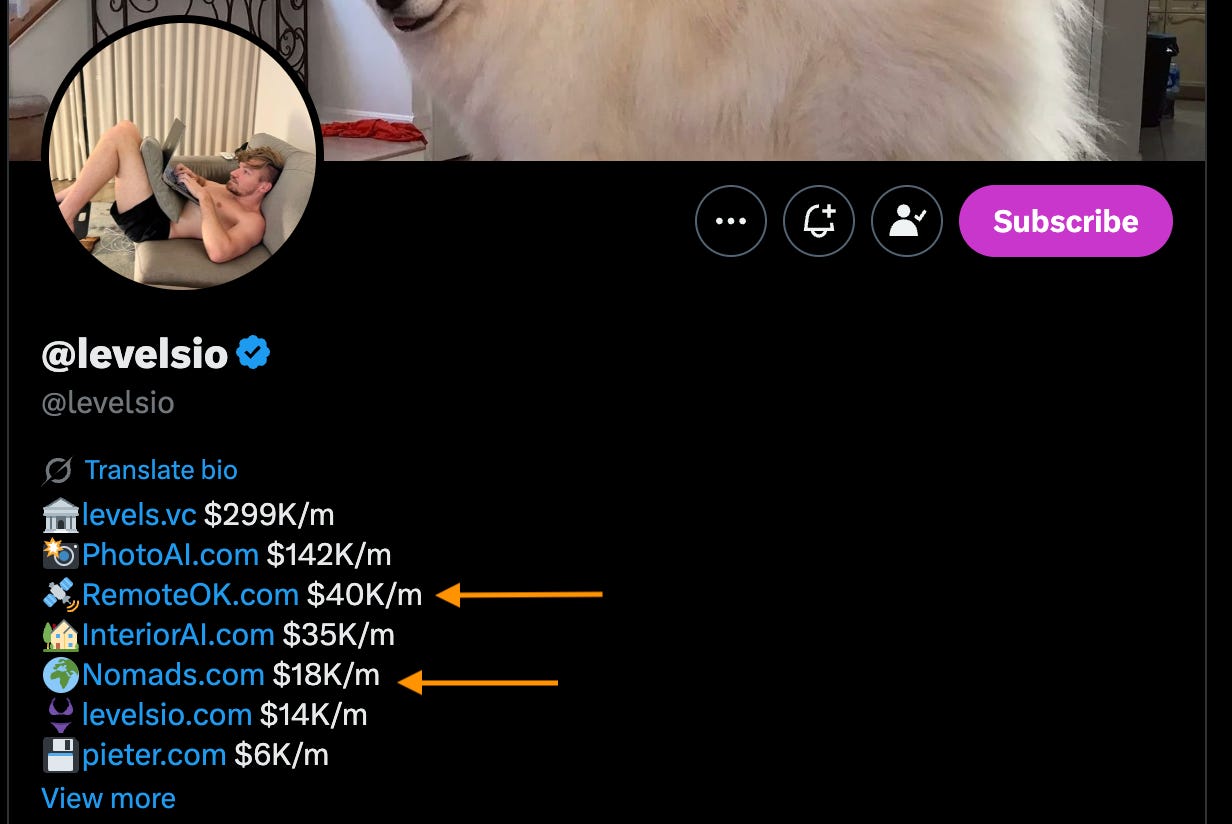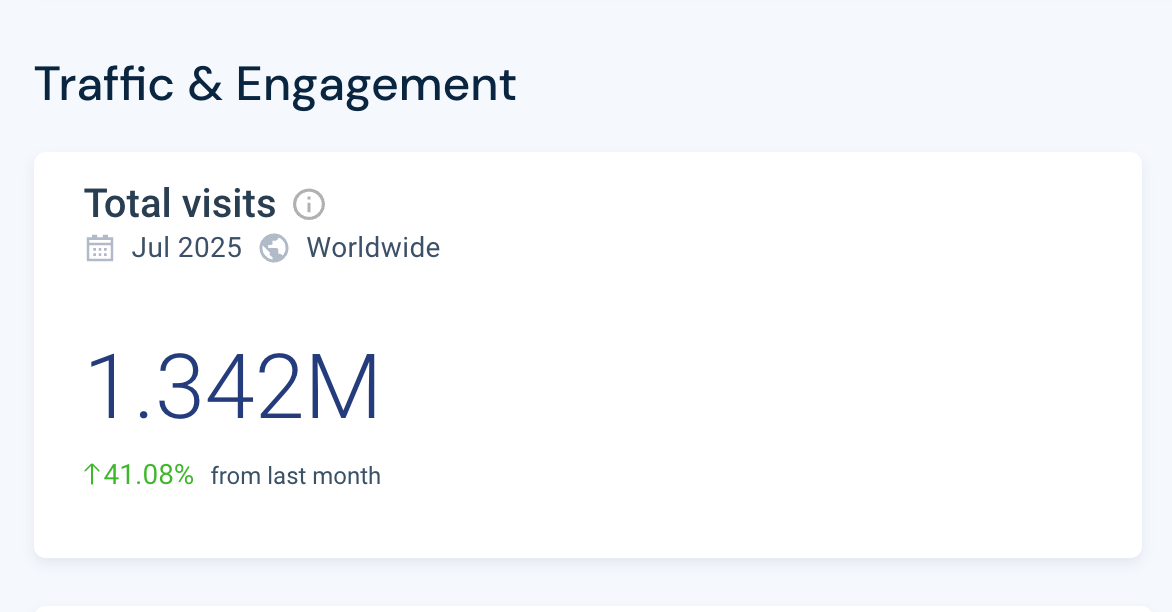A reminder that less is more
Humans don't care for word vomit, and it turns out LLMs don't either.
Context engineering > Prompt Engineering.
This past Friday, I watched a brilliant video from Matt Palmer, a developer advocate at Replit. The core idea to take away is that it's not about how long or clever your prompt is when you're trying to produce a certain outcome from a large language model.
People are just dumping so much into a prompt, thinking that the more they give, the better the model will be able to implement their idea. That's just not the case. You can share unnecessary information or even be too specific. You can share way too much detail that forces it to focus on a particular technology or a specific schema for a database when you should leave it up to the model to figure it out on its own.
Let's say you're building a web application from scratch in Lovable, Replit, or Bolt—maybe your own version of Slack or a blogging platform similar to Medium. You don't need to tell the model exactly how posts or messages should be stored, or specify what fields need to be created in a database. That level of detail can be counterproductive.
A common pattern is to first create a product requirements document in Claude and then feed that into a vibe coding tool like Bolt. When you’re creating that PRD, you should tell Claude or ChatGPT what platform you’re using. It might even help to share the official docs so that the model doesn’t try to use certain technologies that aren’t supported on that platform.
You shouldn't just create a PRD and say, "Hey, I want to rebuild Slack," or "I want to rebuild Substack," or "I want to build my own version of Twitter." Instead, say, "I want to build my own version of Twitter on Replit, and here are the docs. Here's what is possible." That's important context. You don't need to tell a model, "Here are the database tables that you need to create, and here are all the relationships between the different tables in the database."
I will say, one important exception to my “less is more advice” is that you can certainly provide more detail if, and only if, you know what you’re doing. By that I mean, you’ve had experience with software architecture before these tools existed.
Creating art with Midjourney
I've been talking with a lot of artists because I want to create illustrations for essays that we publish on Indie Thinkers. The idea would be that a writer will create an original essay, and then we would pair them with an artist who would create a unique illustration for that essay.
I was fascinated to hear many artists say, "Can I use Midjourney in conjunction with my own original art?" I don't mind that at all. What's interesting is that for a while, I felt there was a lot of resistance against these tools from the art community. Pushback against normies like me who can't draw using them instead of hiring an artist.
It's surprising to think that, in this moment, artists actually want to use these for client work and are asking if it's okay. I'm not sure what to make of that, but it doesn't bother me. I'm totally okay with it. I think Midjourney is incredible. I love how Every pairs AI with original art and creates a beautiful combination of the two.




I can tell it's AI and human-led, but I love it. I think it's really impressive.
I'm curious to hear your thoughts. What you like, don't like. If you're an artist, I'm especially interested to hear your take. Are you offended if they want to use Midjourney to create illustrations? Does that bother you at all? If this is something that's inappropriate and I'm not aware of it, I would love to know.
New Indie Thinkers Logo
I'm sharing some examples below of work from an artist I'm considering.
What love to know what resonates, if anything.


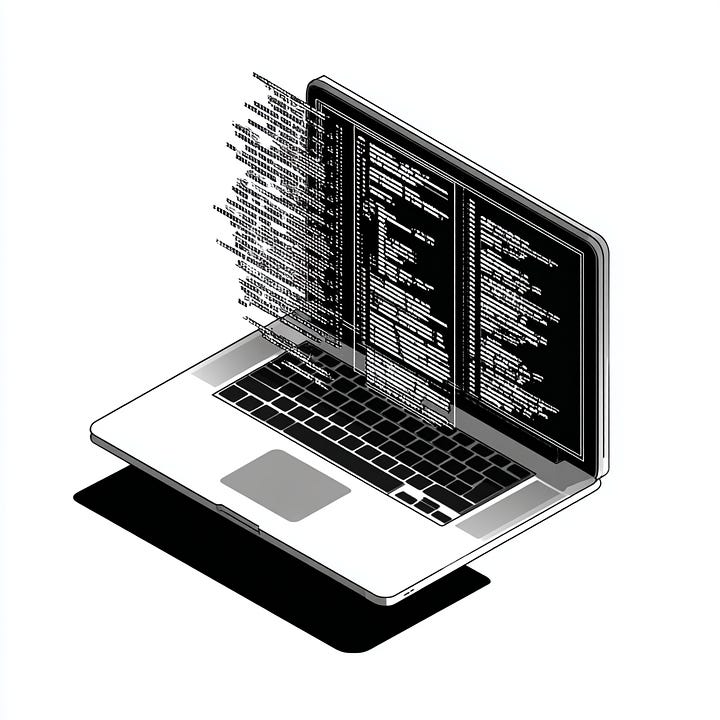

Rethinking Community Contributions
Instead of having an open call or lottery for essay submissions, we would proactively reach out to writers and ask them if they're interested in writing a guest lecture post. This would allow us to filter out the noise. If I'm reaching out to someone, I admire their work, and I know that what they would write would be a level of quality and would resonate with the community at large.
If we have an open call and 100 people submit, what percentage of that is going to be noise? What percentage will be individuals who didn't read the requirements or didn't consider the topics we asked for? Then we're in a position where we're writing a lot of rejection letters for things that should have never been submitted in the first place. I don't like that. It's also tough for people to submit multiple times and not get accepted, and to keep saying no to the same person.
It's inbound versus outbound.
Outbound is more intentional and targeted. It will allow us to build a collection of essays on a quarterly basis and work with artists in a sustainable way.
Rule of Three
(1) GPT-5 Hype
There's a lot of disappointment out there.
This pre-launch tweet didn’t help.
Everyone thought it was going to be epic, but it was more about a consolidation of models and the beginning of sunsetting a few that people actually loved.
Slightly related, and this might sound silly, but I just hate referring to ChatGPT as ChatGPT. If it were called something else, I might use it more. I love the name Claude, and I think it's a better model. Now, ChatGPT's voice mode is significantly better than Claude's. There are certain things about it, like memory, that I miss, but I'm okay with just using Claude for now.
(2) Next Level Investments
Something that recently blew my mind: Peter Levels shared he's now making $300,000 monthly from his investment portfolio alone.
This reminds me that investing is still the highest leverage wealth-building activity out there, regardless of how much MRR you generate, how many digital products you launch, or how much you make from coaching.
We get so caught up in optimizing funnels and offers (which are important!) that we forget the basics. If you want to buy back your time and control your life, investing should be your top priority for generating passive income streams. Don't forget the fundamentals.
(3) Seems like Remote is okay?
Levels is making more from RemoteOK than he is from Nomad List.
I don't know when this changed or when the crossover happened, but it's fascinating to see an uptick in revenue from his remote job board and a decrease in interest in being a digital nomad.
Maybe the need for a resource like Nomad List has been directly impacted by AI, but I thought people subscribed more for the community and less for the information they could access.
It's fascinating to see those numbers go down significantly. I'm curious about the reasons behind this. Are there socioeconomic factors at play? Is it that Gen Z is less interested in being a part of Nomad List and Millennials are now settled? Meanwhile, Peter is making $40,000 a month from RemoteOK. This is nuts considering I thought remote work was dead here in the US. I repeat, he's making half a million dollars a year from a remote job board.
I’ll admit that the traffic numbers are impressive.
Alright, thats all for this week.
Talk soon.
— Daniel


